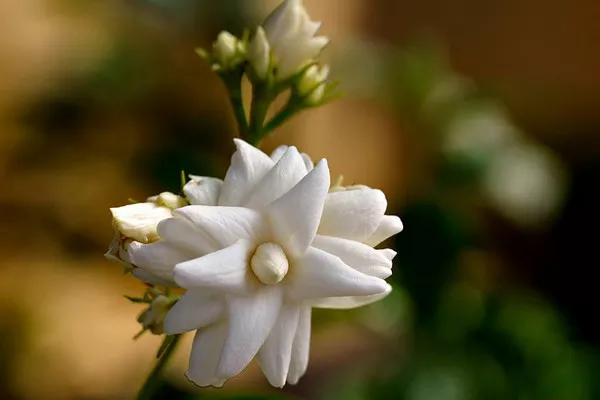As temperatures cool across Texas, a natural decline in insect activity may bring relief to many, but entomologists from the Texas A&M AgriLife Extension Service advise residents to consider the well-being of beneficial insects in gardens and yards. While some insects hibernate during the winter months, others remain active, and supporting these essential pollinators can have positive implications for ecosystems and human health.
Sonja Swiger, Ph.D., an entomologist and professor in the Department of Entomology at Texas A&M College of Agriculture and Life Sciences in Stephenville, emphasizes the importance of aiding beneficial insects during the winter season. Recognizing that certain insects face unique challenges depending on their location within Texas, Swiger provides five actionable steps to help sustain these vital contributors to local ecosystems.
Keep Some Weeds:
While the temptation to eliminate weeds and prune plants during late autumn and winter preparations may be strong, Swiger advises against it. Weeds, perennials, and grasses serve as shelter for beneficial bugs during the winter. Piling up cuttings in a designated area of the yard allows for composting over winter while providing insects a home. These spaces become essential for beneficial insects, such as bees and wasps, which require hollow stalks and stems for laying eggs.
Plant for Pollinators:
Swiger recommends planting cold-weather plants and trees that bloom later in the season to provide a food source for pollinators like bees during the chillier months. Creating an all-season pollinator garden ensures a sustained energy source for these insects, enabling them to thrive during winter and be ready for pollination once temperatures rise.
Give ’em Shelter:
Recognizing that many pollinators, including bees and wasps, are ground nesters, Swiger suggests providing loose soil and leaf litter for their winter survival. Protection from the elements can be facilitated through wire mesh or wood protrusions. “Insect hotels” are also recommended to accommodate hive-dwelling pollinators, offering a variety of options for different species.
Leave the Leaves:
Leaves, especially from trees like oak, serve as an excellent compost ground cover for beneficial insects. Leaving 1 or 2 inches of leaf litter on the ground provides sustenance and protection for insects during the winter. Caterpillars seen in the fall use fallen leaves to overwinter and transform into butterflies in the spring, making a case for not raking or leaving piles around the yard.
Avoid Pesticides When Possible and Read the Label:
Swiger emphasizes the importance of refraining from treating for pests during winter and using insecticides sparingly if needed. With lower pest populations in colder months, beneficial insects can handle pest control without the use of insecticides. Reading pesticide labels is crucial to avoid inadvertently harming beneficial insects or the plants they depend on.
As Swiger concludes, protecting beneficial insects during the colder months not only benefits individual gardens but also contributes to supporting agriculture in the area, ultimately benefiting the entire community. By adopting these practices, Texans can play a role in preserving the delicate balance of their local ecosystems.


